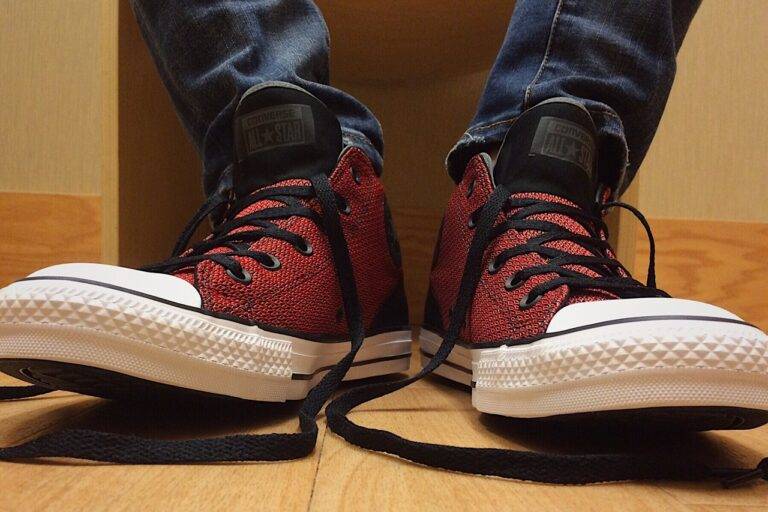The Impact of Eco-Tourism on the Fashion Industry: All panel login, Mahadev book online, Get cricket id
all panel login, mahadev book online, get cricket id: Eco-tourism has become a popular trend in recent years as people become more aware of the environmental impact of their actions. This form of travel involves visiting natural areas while conserving the environment and improving the well-being of local people. While many industries have been affected by the rise of eco-tourism, the fashion industry has also experienced significant changes.
Sustainable Fashion
One of the most significant impacts of eco-tourism on the fashion industry is the rise of sustainable fashion. As more people choose to travel responsibly and support environmentally-friendly practices, they also look for clothing options that align with their values. This has led to an increase in demand for sustainable, eco-friendly clothing made from organic materials and produced in an ethical manner.
Collaborations with Local Artisans
Eco-tourism often involves supporting local communities and artisans, which has opened up new opportunities for the fashion industry. Many fashion brands are now collaborating with local craftsmen and women from eco-tourism destinations to create unique, handcrafted pieces that showcase traditional techniques and support local economies. These collaborations not only promote cultural exchange but also provide sustainable income for local communities.
Incorporating Natural Elements
Eco-tourism destinations are known for their breathtaking natural scenery, which has inspired designers to incorporate natural elements into their collections. From earthy tones and botanical prints to materials like bamboo and hemp, fashion brands are finding innovative ways to bring the beauty of nature into their designs. This trend towards nature-inspired fashion not only reflects the ethos of eco-tourism but also appeals to consumers looking for a deeper connection to the environment.
Educating Consumers
Eco-tourism has also played a role in educating consumers about the environmental impact of fashion. By experiencing sustainable practices firsthand during their travels, people are more likely to make conscious choices when it comes to their clothing purchases. This increased awareness has led to a shift in consumer behavior, with more people opting for eco-friendly fashion options and supporting brands that prioritize sustainability.
Sourcing Materials Responsibly
As the fashion industry becomes more environmentally conscious, brands are paying closer attention to the sourcing of materials. Eco-tourism destinations often serve as a source of inspiration for sustainable materials, such as organic cotton, recycled fabrics, and natural dyes. By sourcing materials responsibly, fashion brands can reduce their carbon footprint and support eco-friendly practices in the industry.
Empowering Local Communities
One of the key benefits of eco-tourism is its focus on empowering local communities and preserving cultural heritage. The fashion industry has the opportunity to support these efforts by working with artisans and small businesses in eco-tourism destinations. By investing in fair trade practices and sustainable partnerships, fashion brands can help uplift local communities and preserve traditional craftsmanship for future generations.
In conclusion, eco-tourism has had a significant impact on the fashion industry, from inspiring sustainable fashion trends to promoting ethical practices and supporting local communities. By embracing the principles of eco-tourism, the fashion industry can contribute to a more sustainable and conscious future for both consumers and the environment.
FAQs:
1. How can consumers support eco-friendly fashion?
Consumers can support eco-friendly fashion by choosing clothing made from sustainable materials, supporting ethical brands, and recycling or donating their old garments.
2. Why is sustainable fashion important?
Sustainable fashion is important because it helps reduce the environmental impact of the fashion industry, promotes ethical practices, and supports the well-being of workers and local communities.
3. How can fashion brands incorporate eco-tourism into their collections?
Fashion brands can incorporate eco-tourism into their collections by sourcing materials responsibly, collaborating with local artisans, and drawing inspiration from nature and sustainable practices in eco-tourism destinations.







